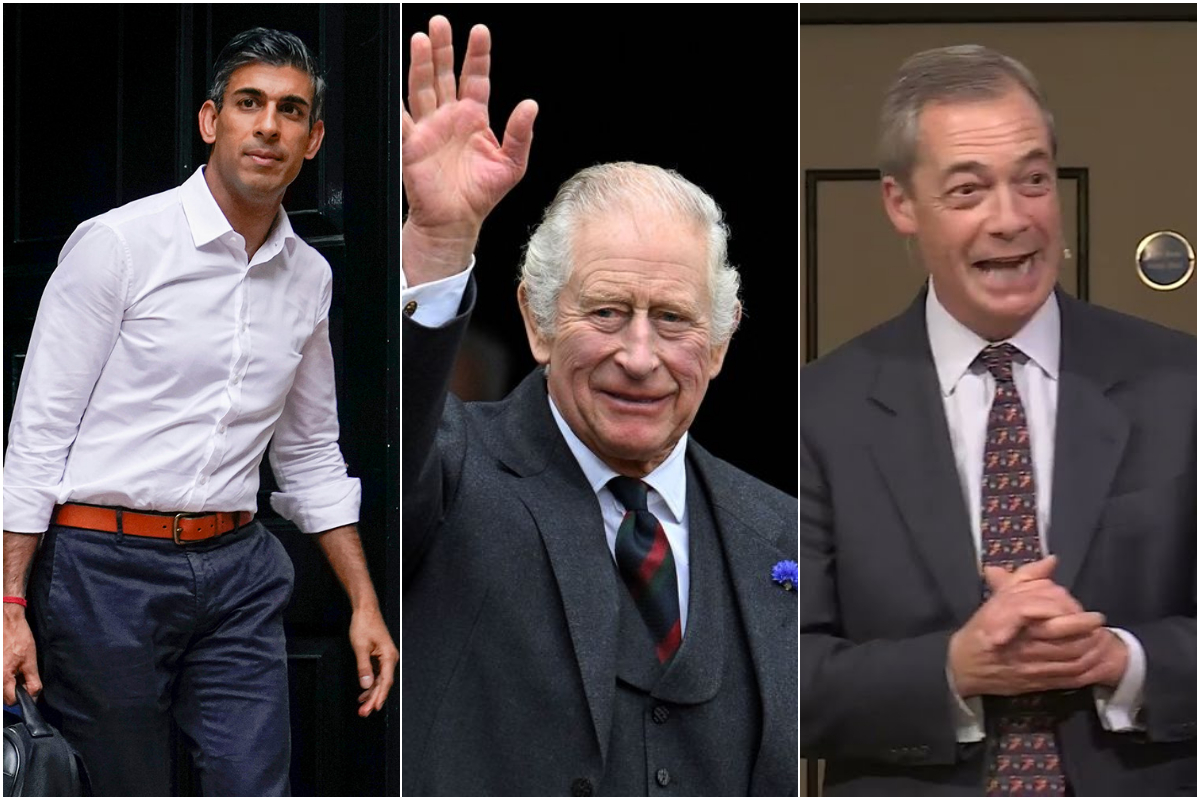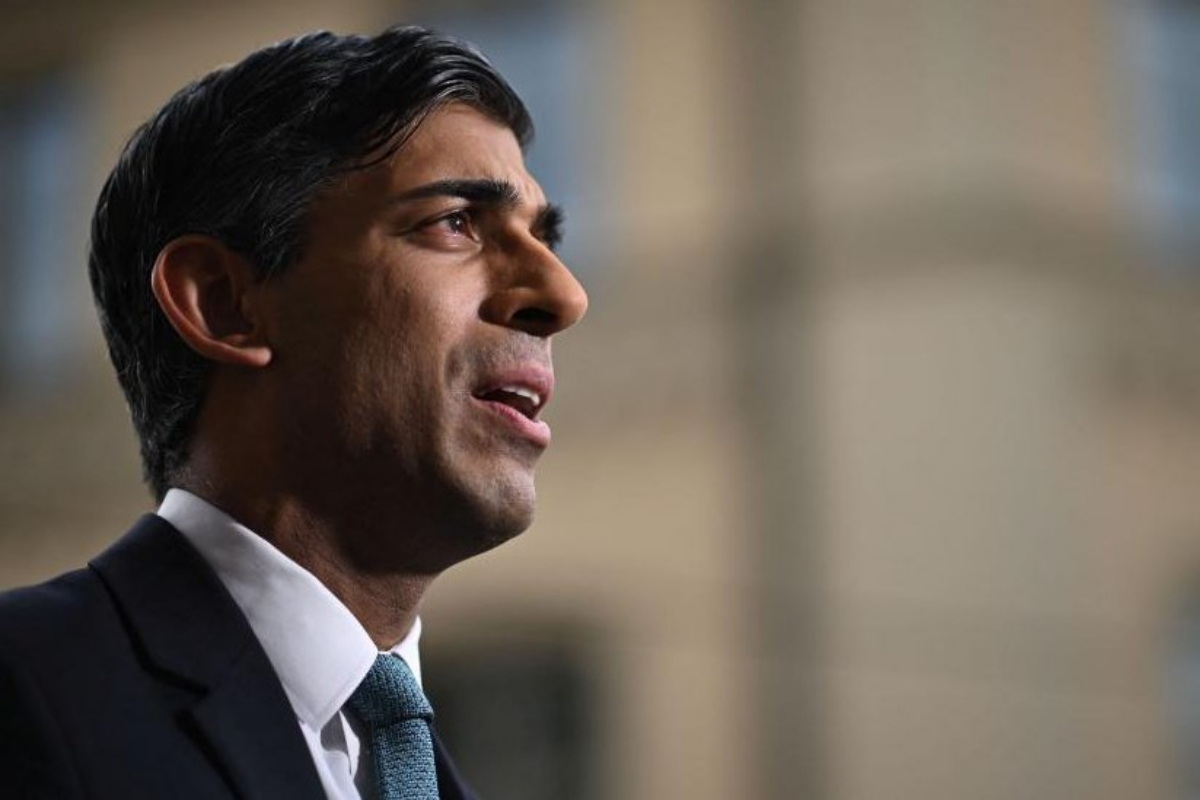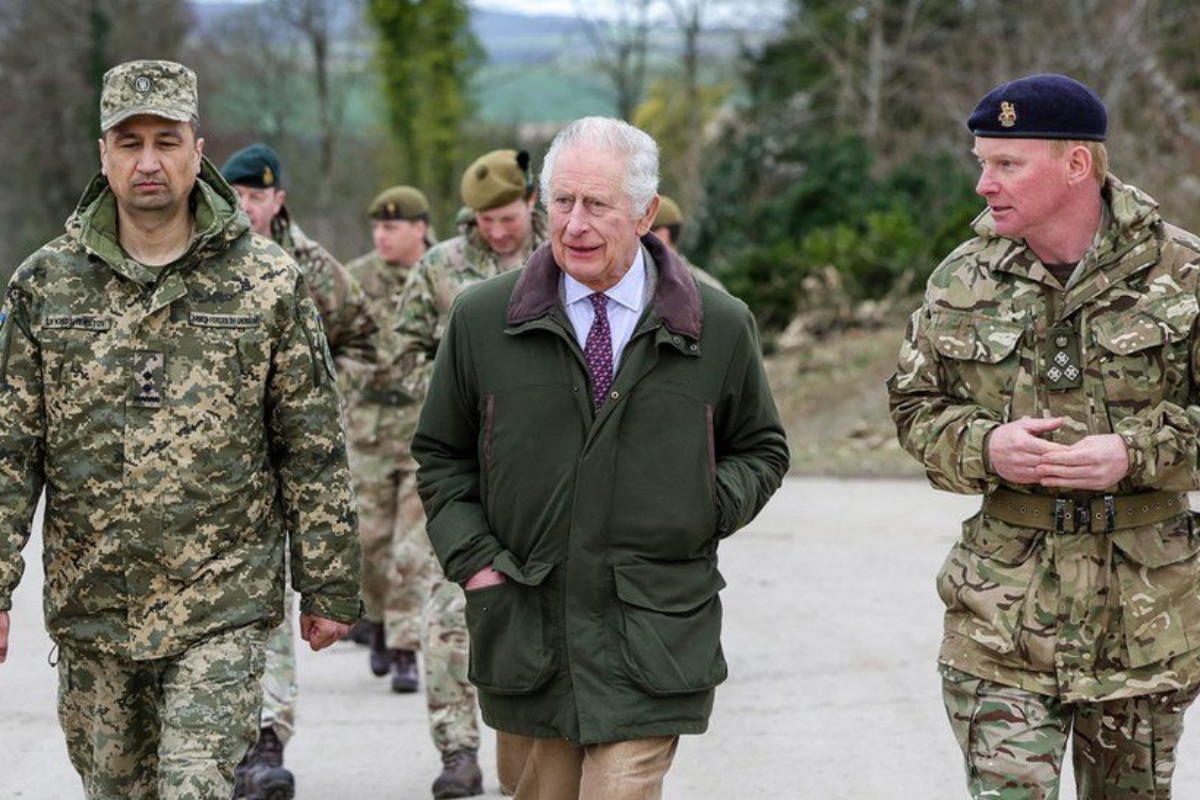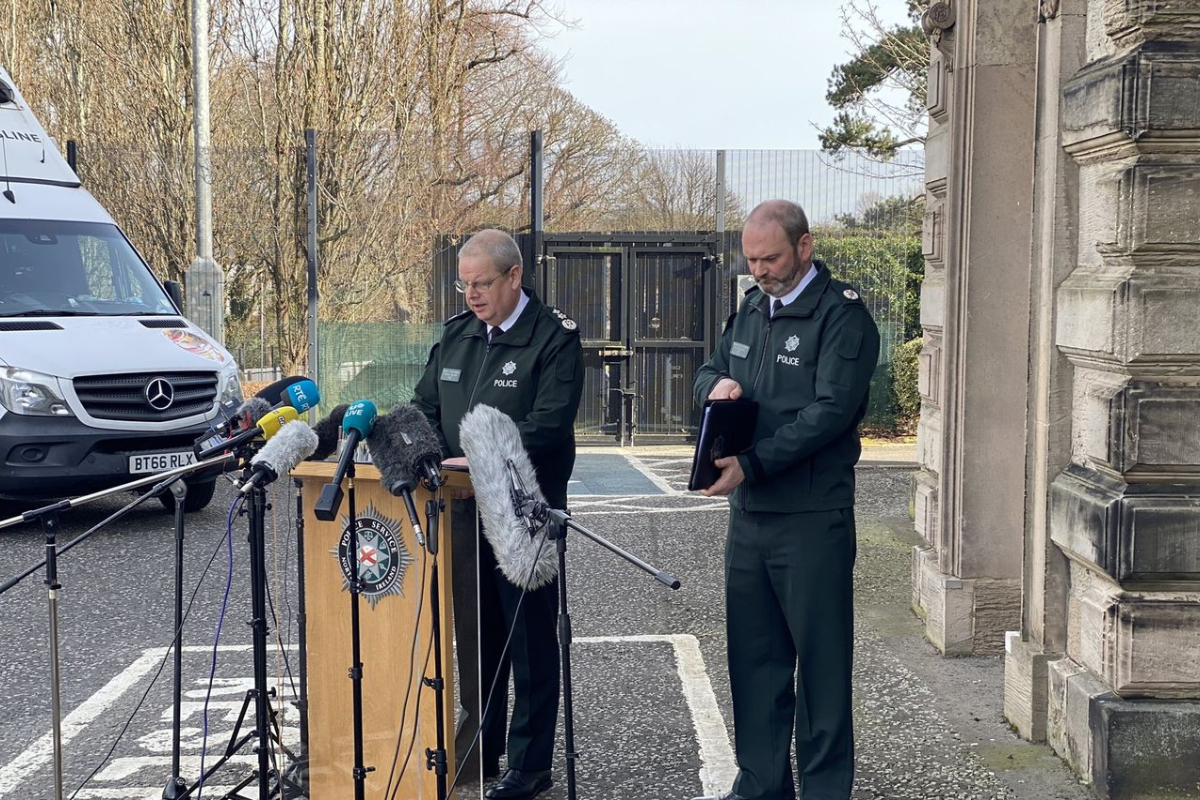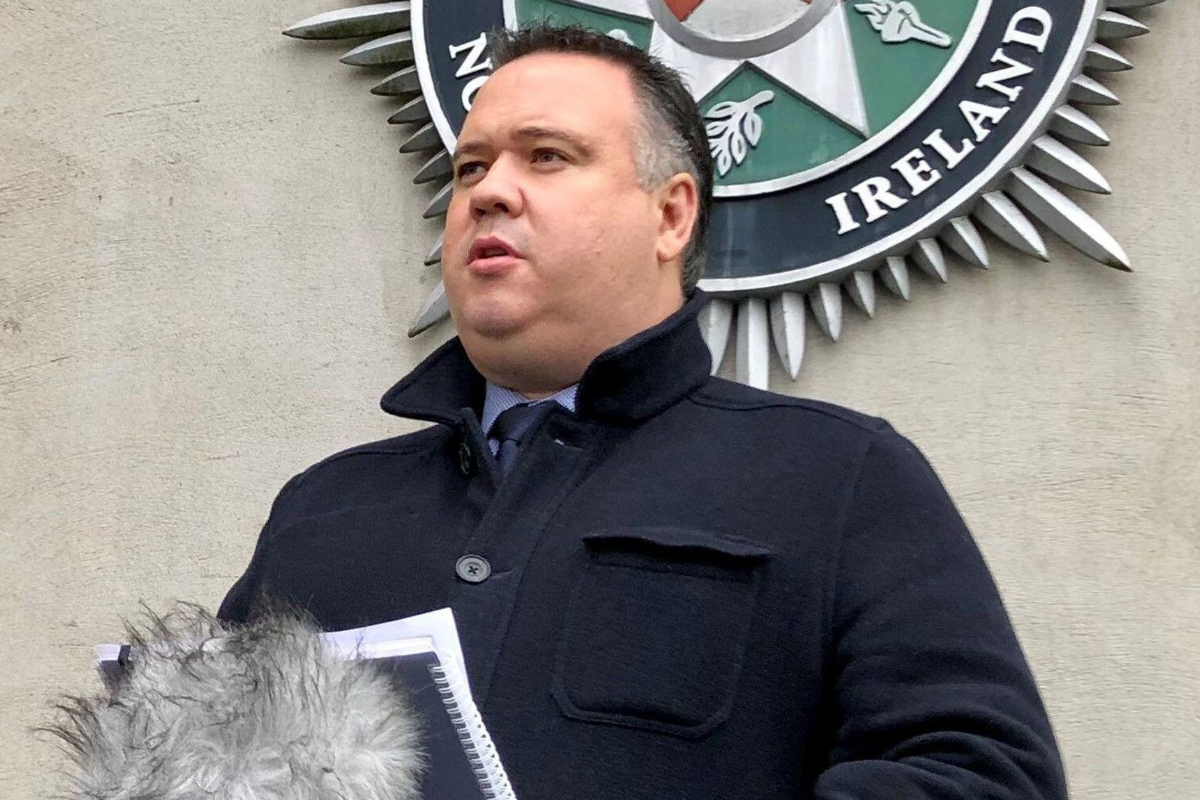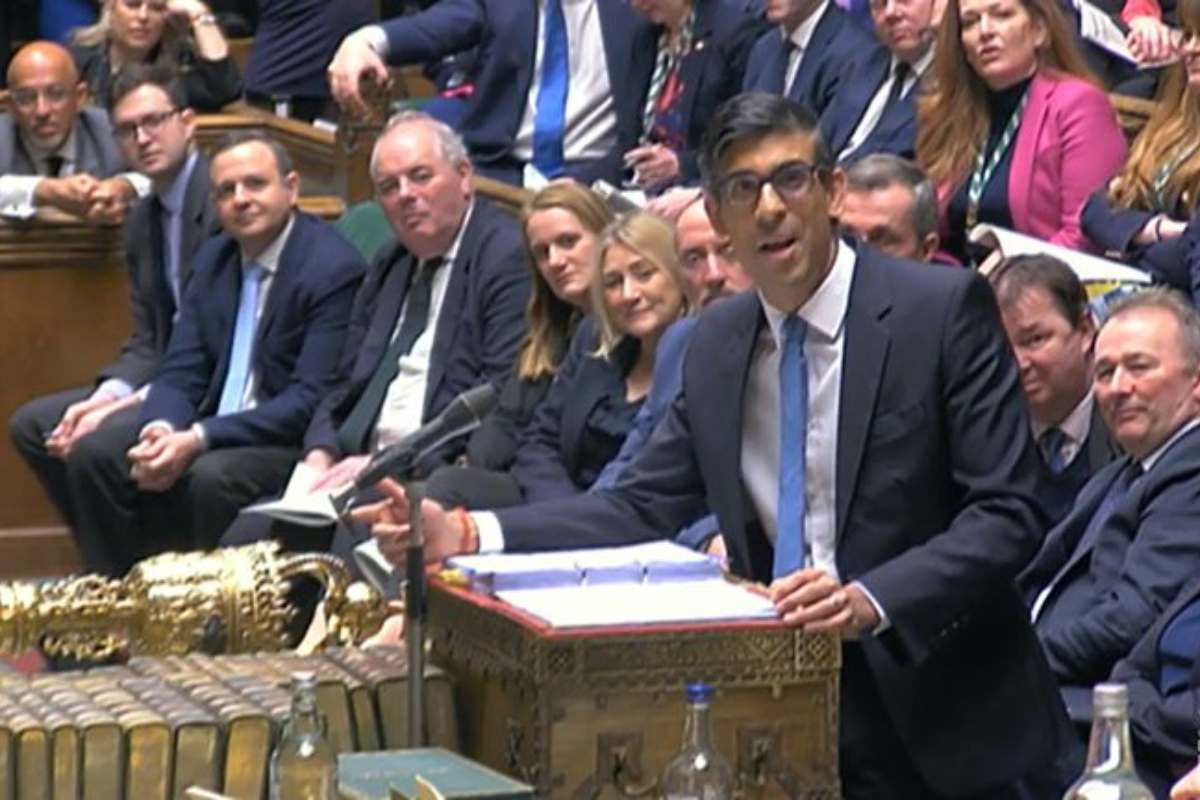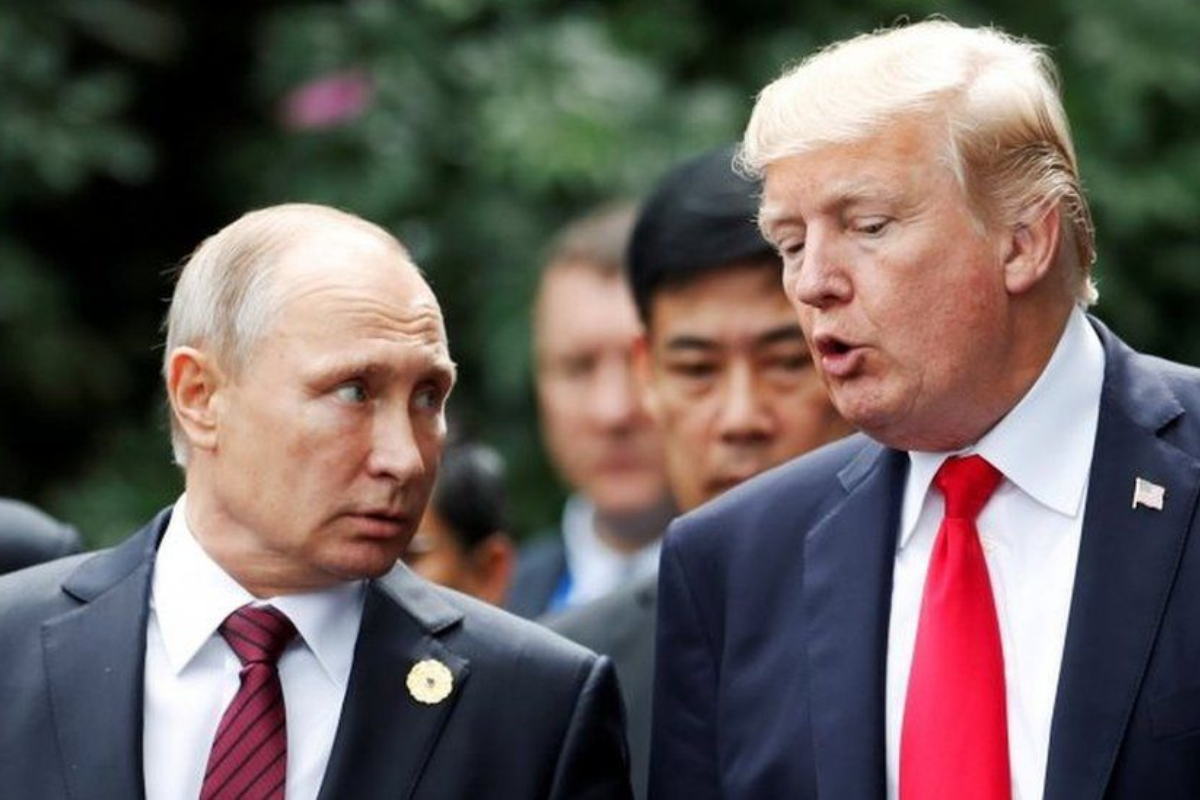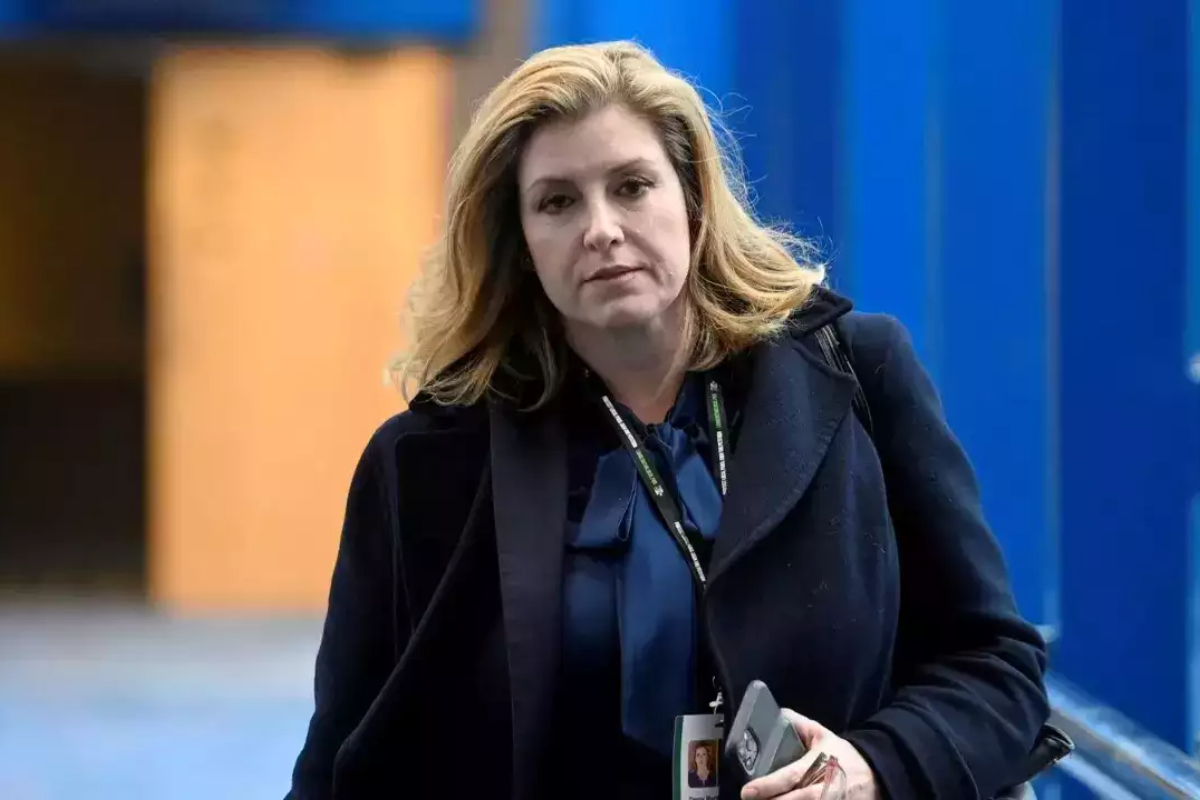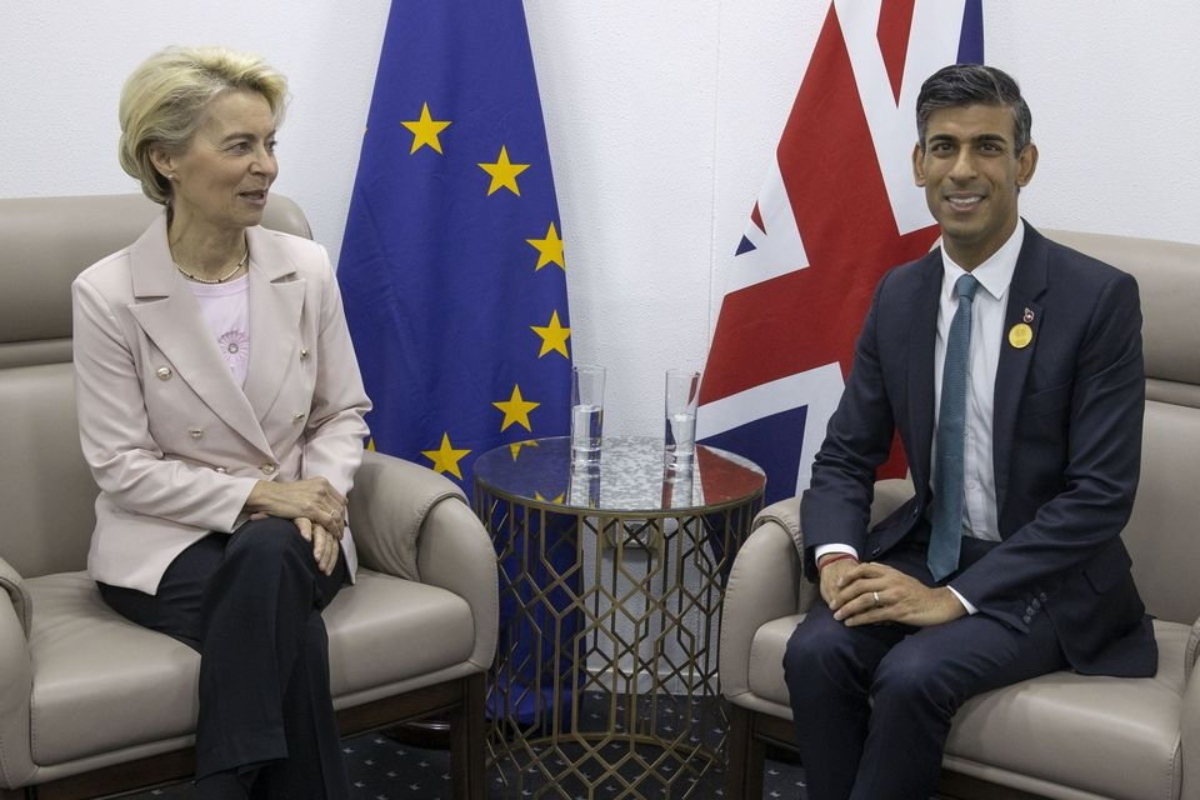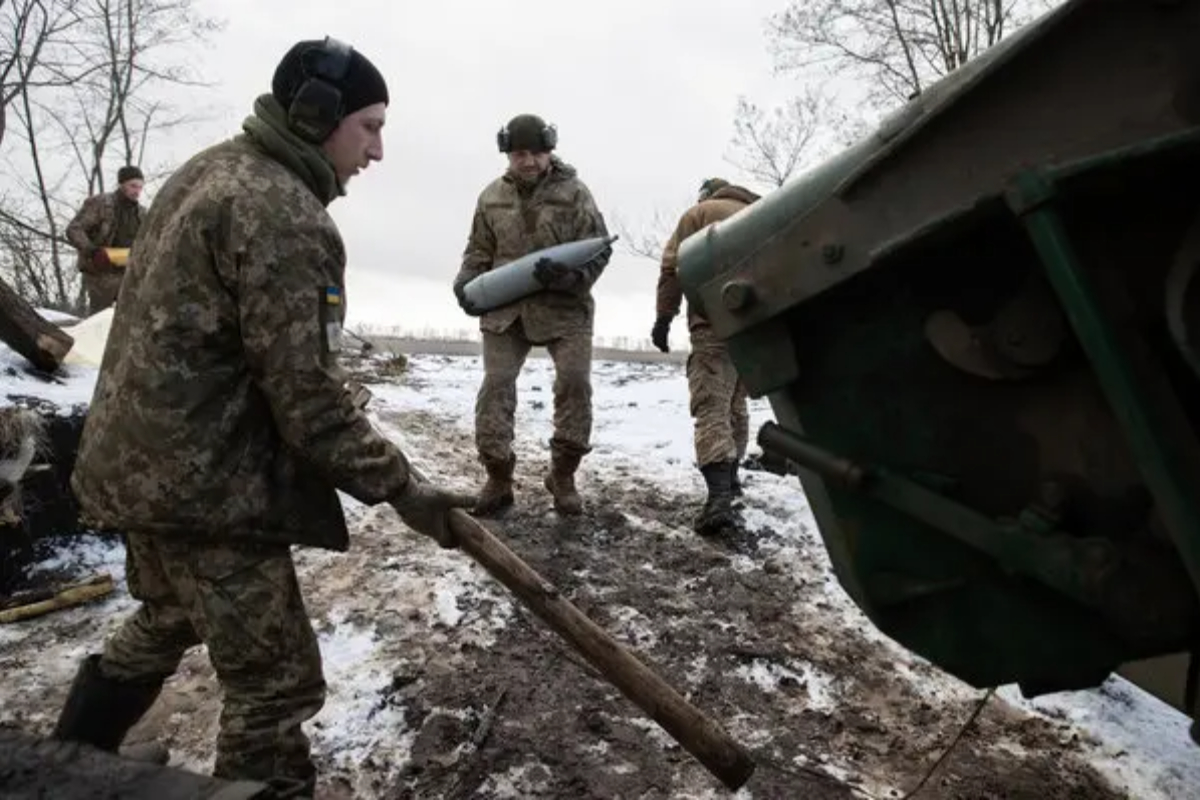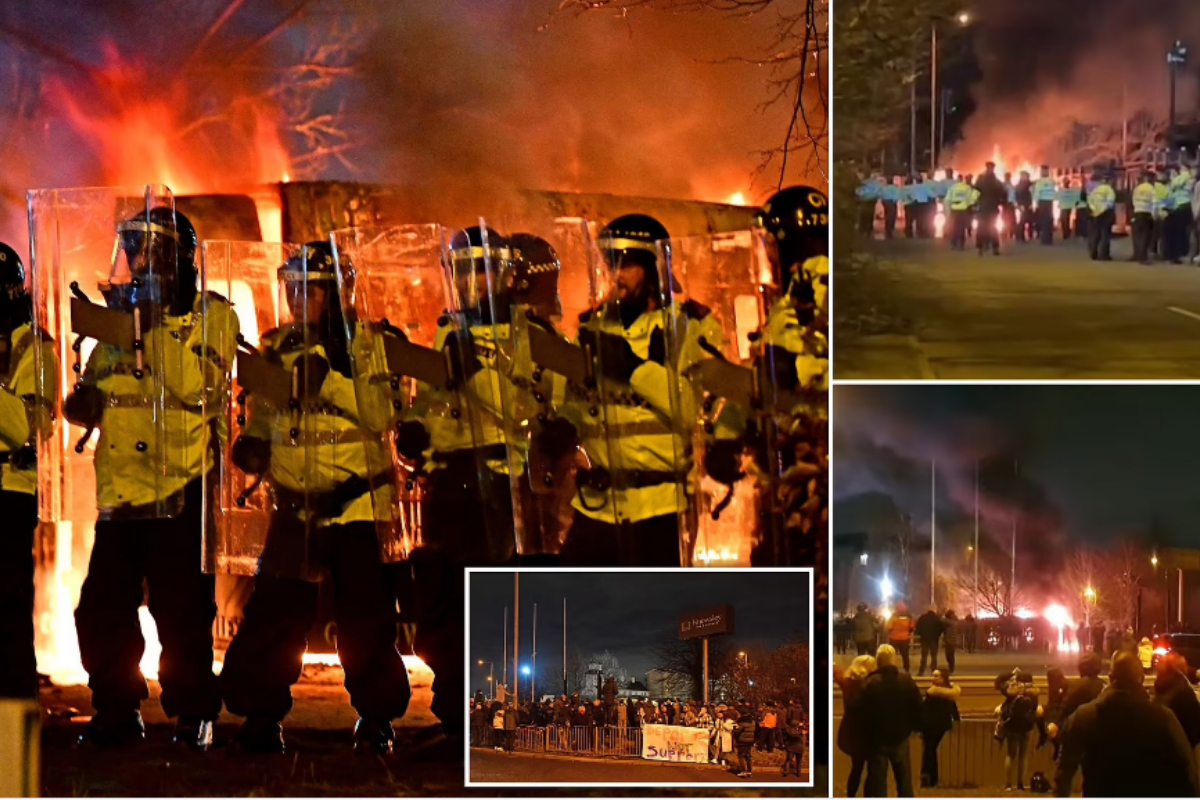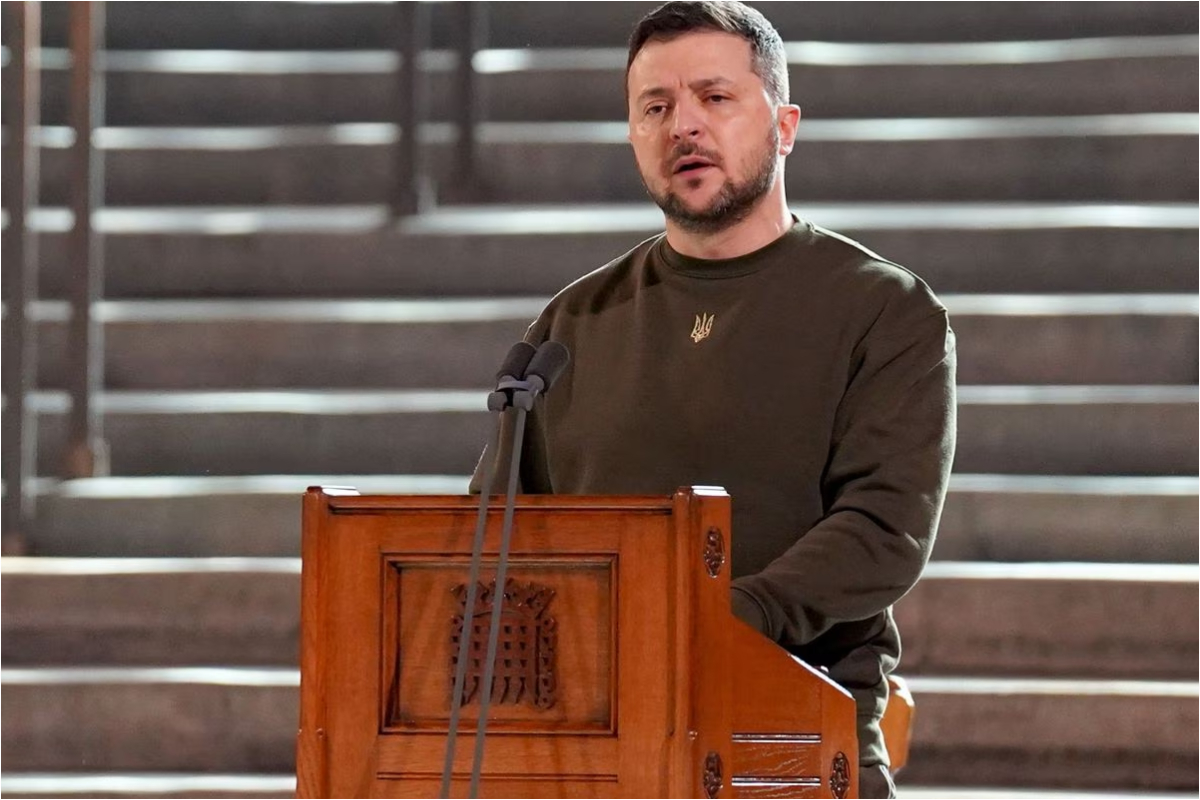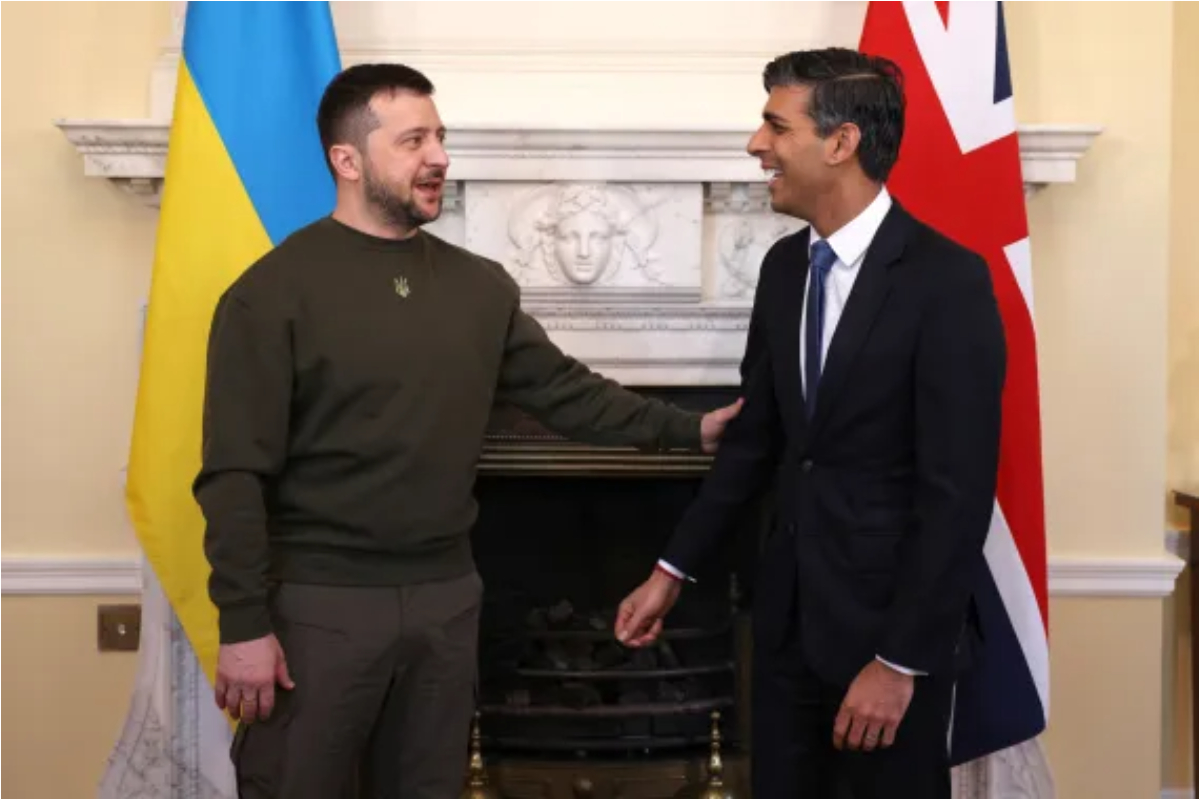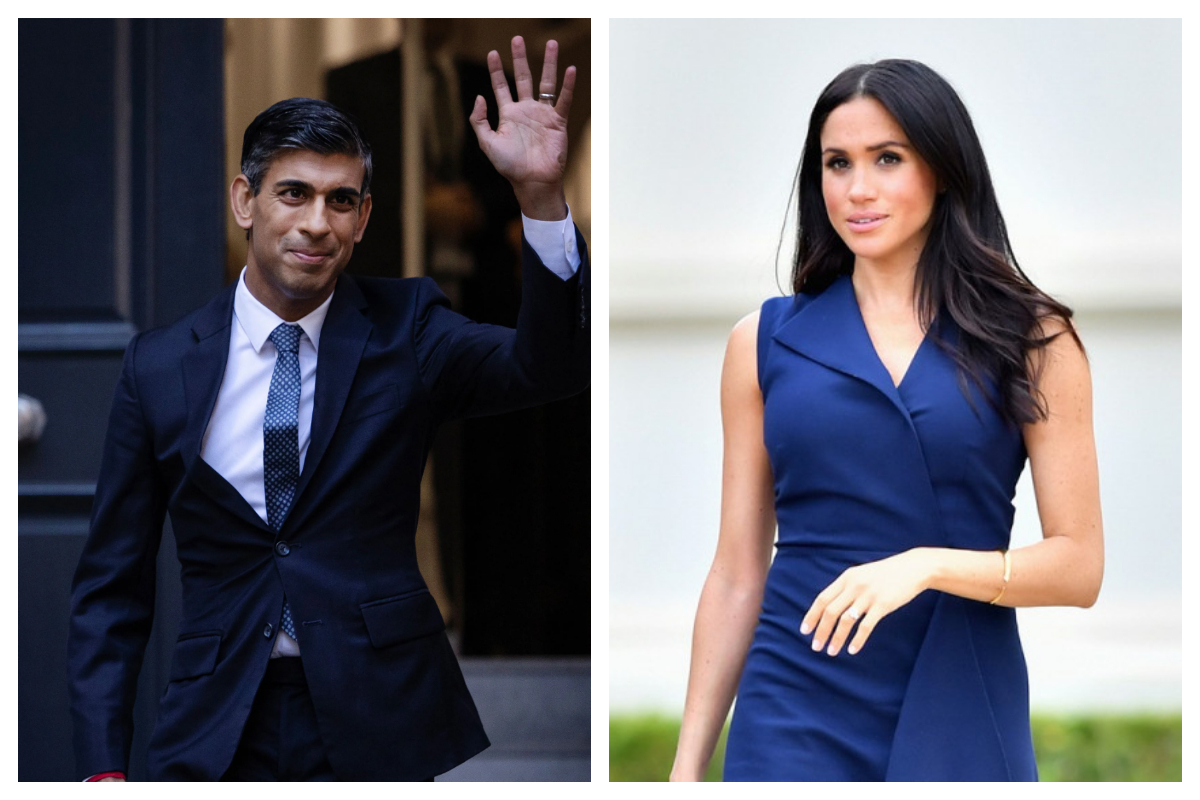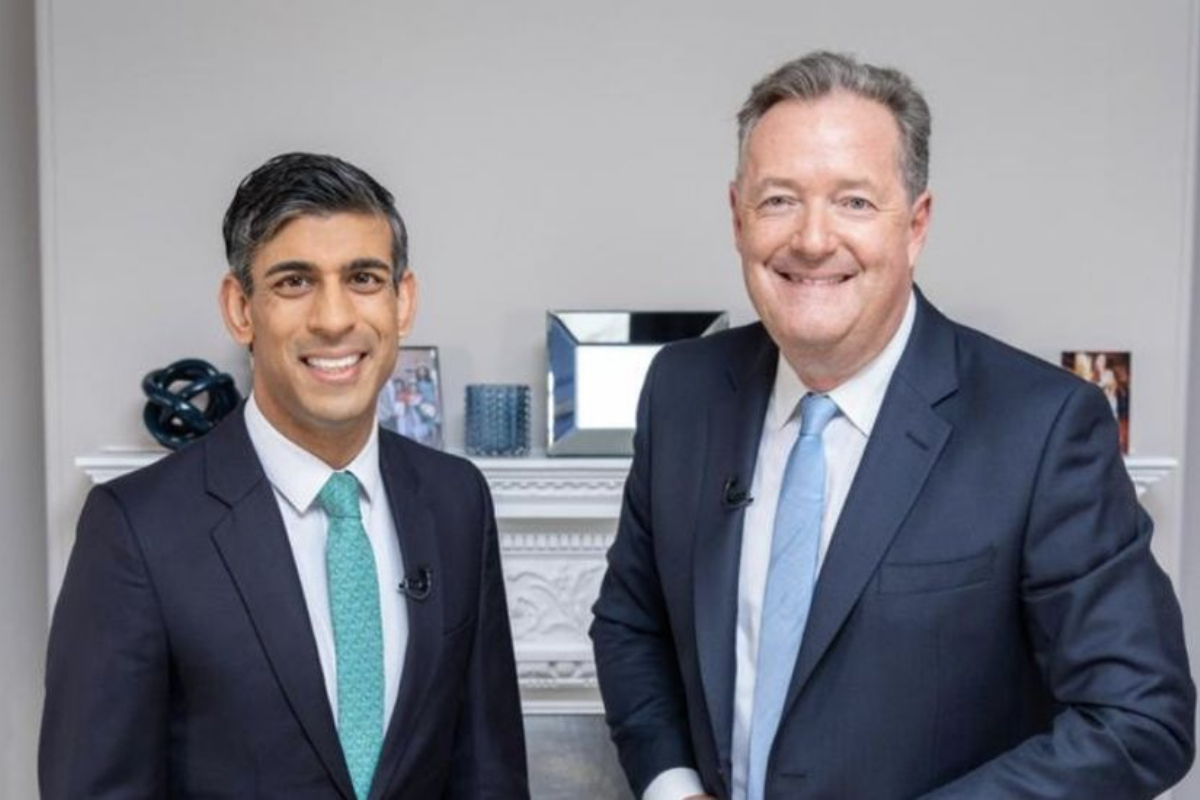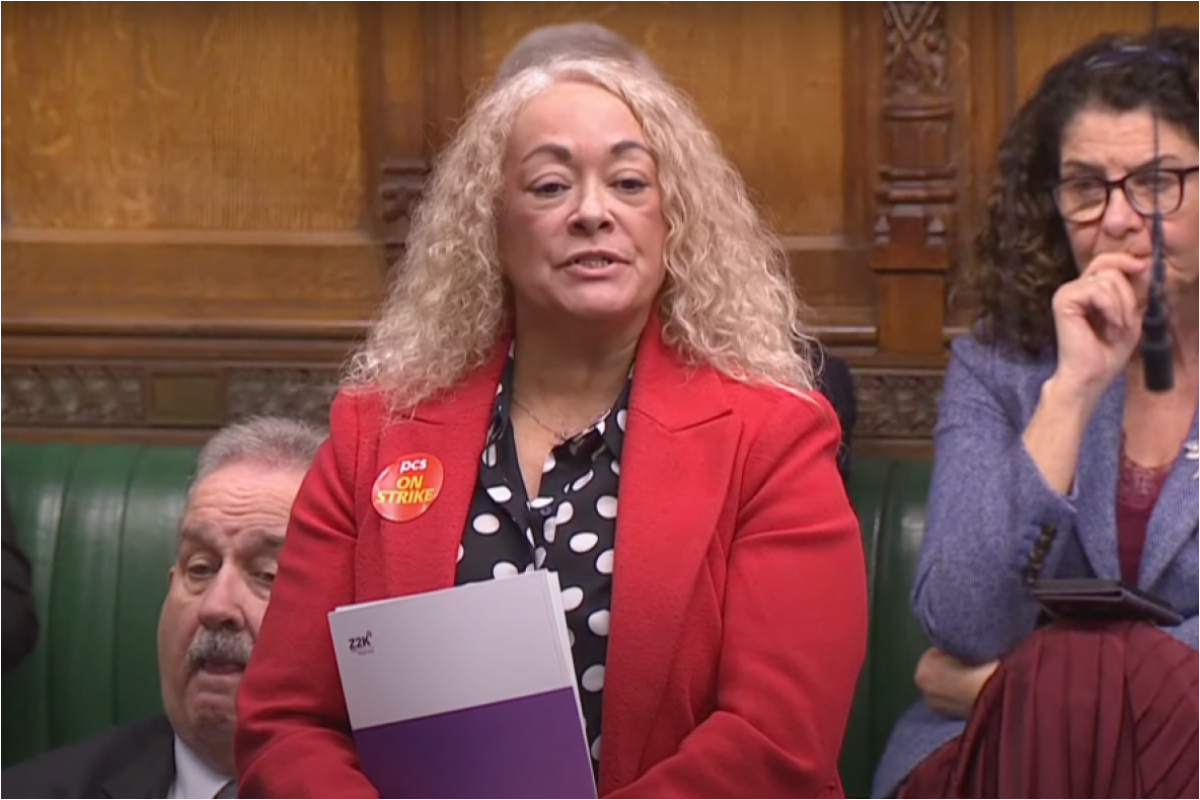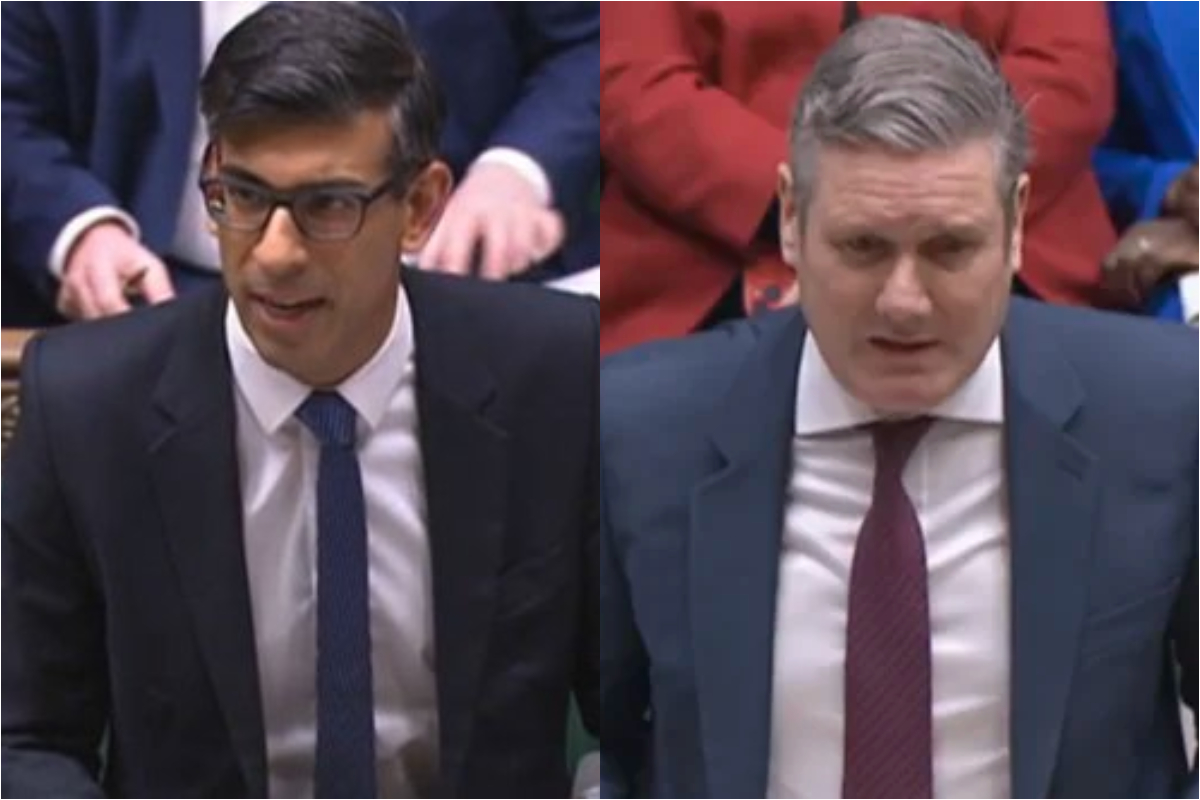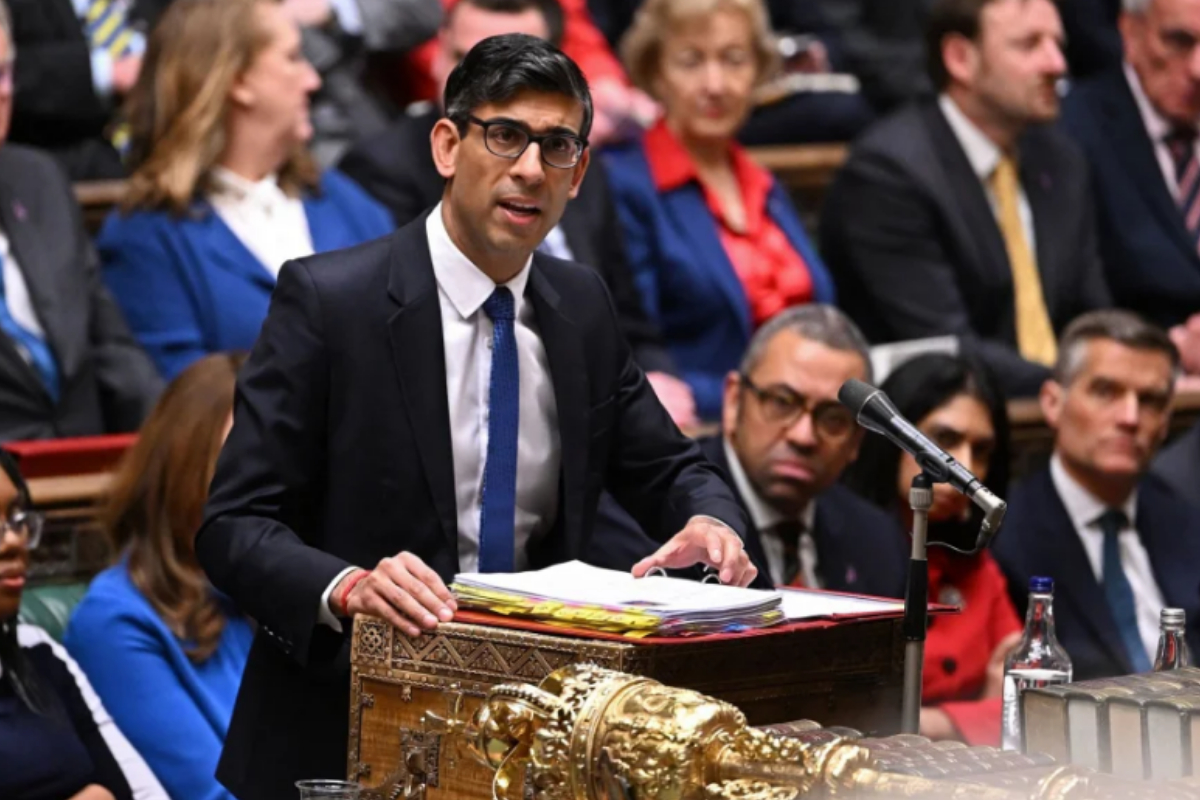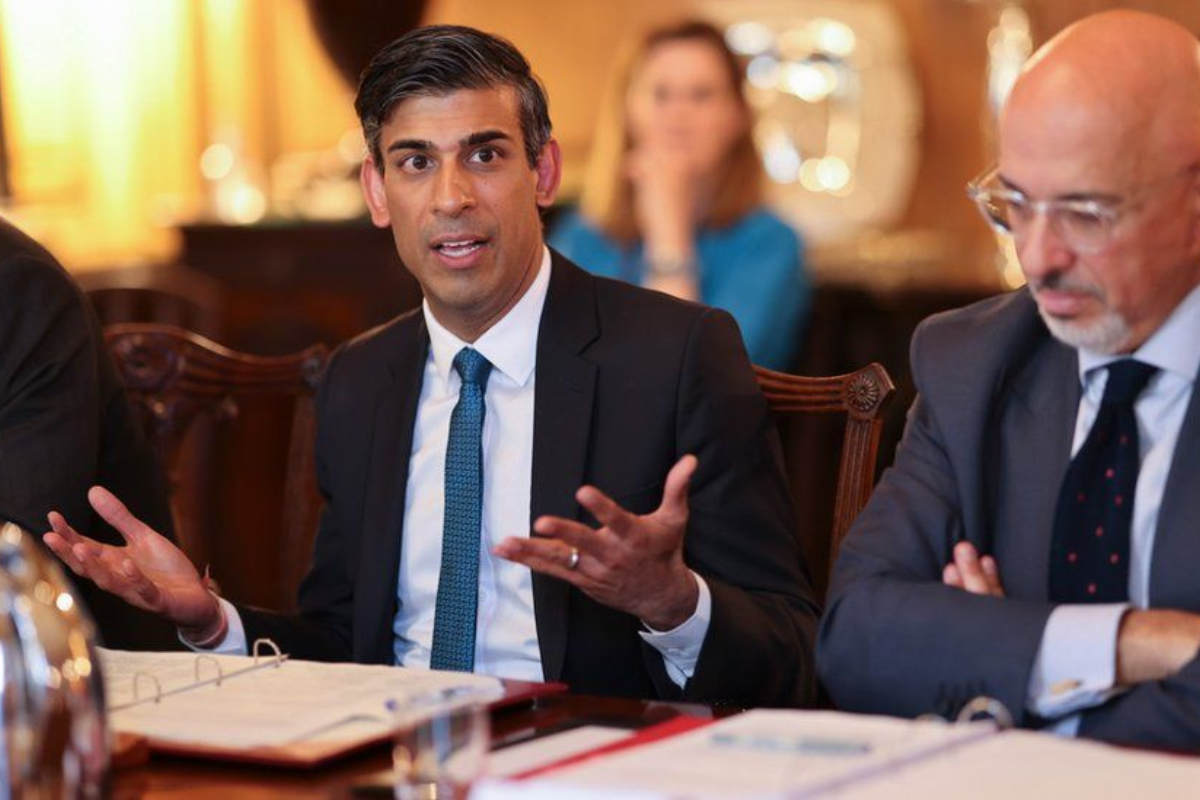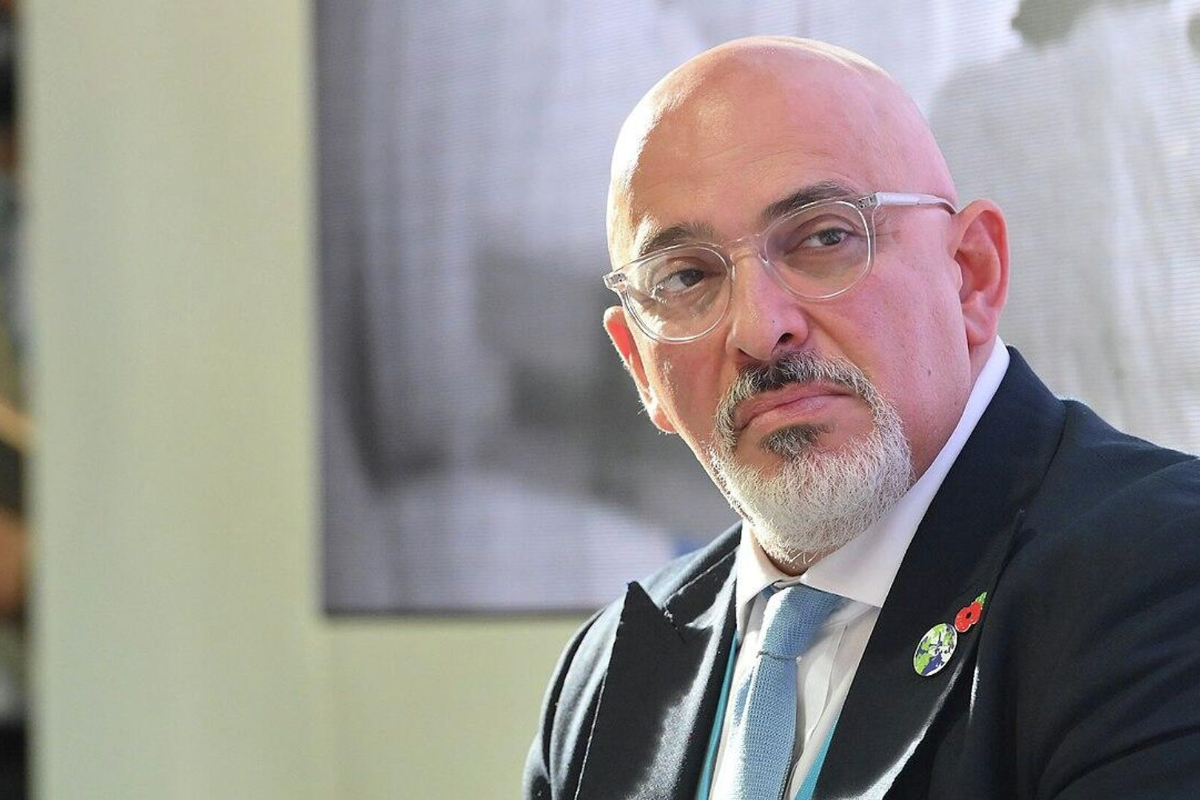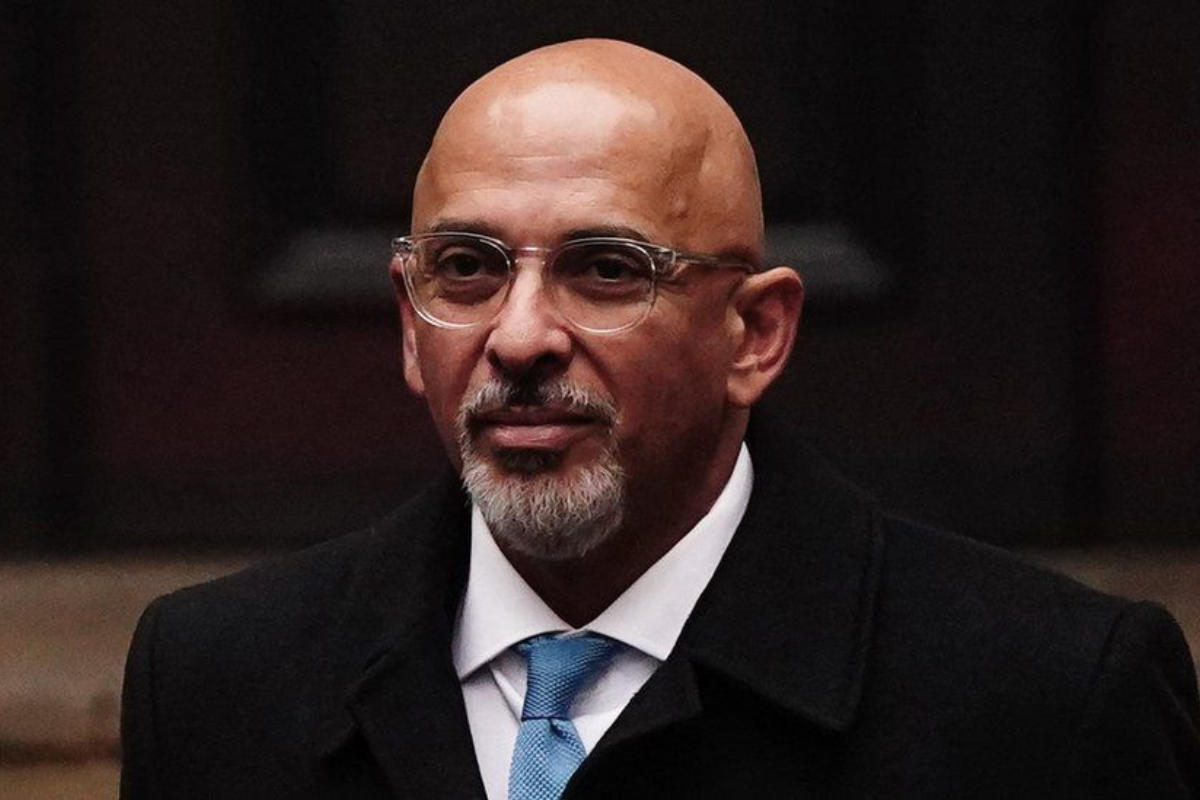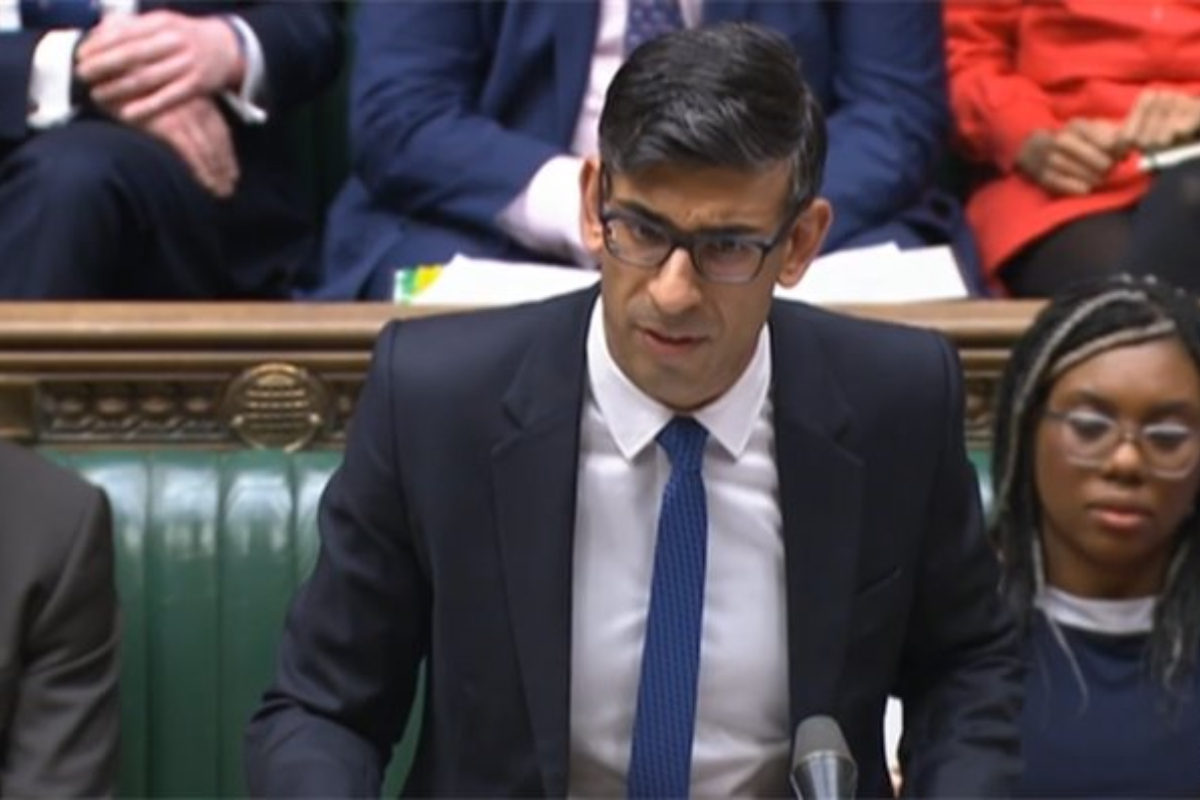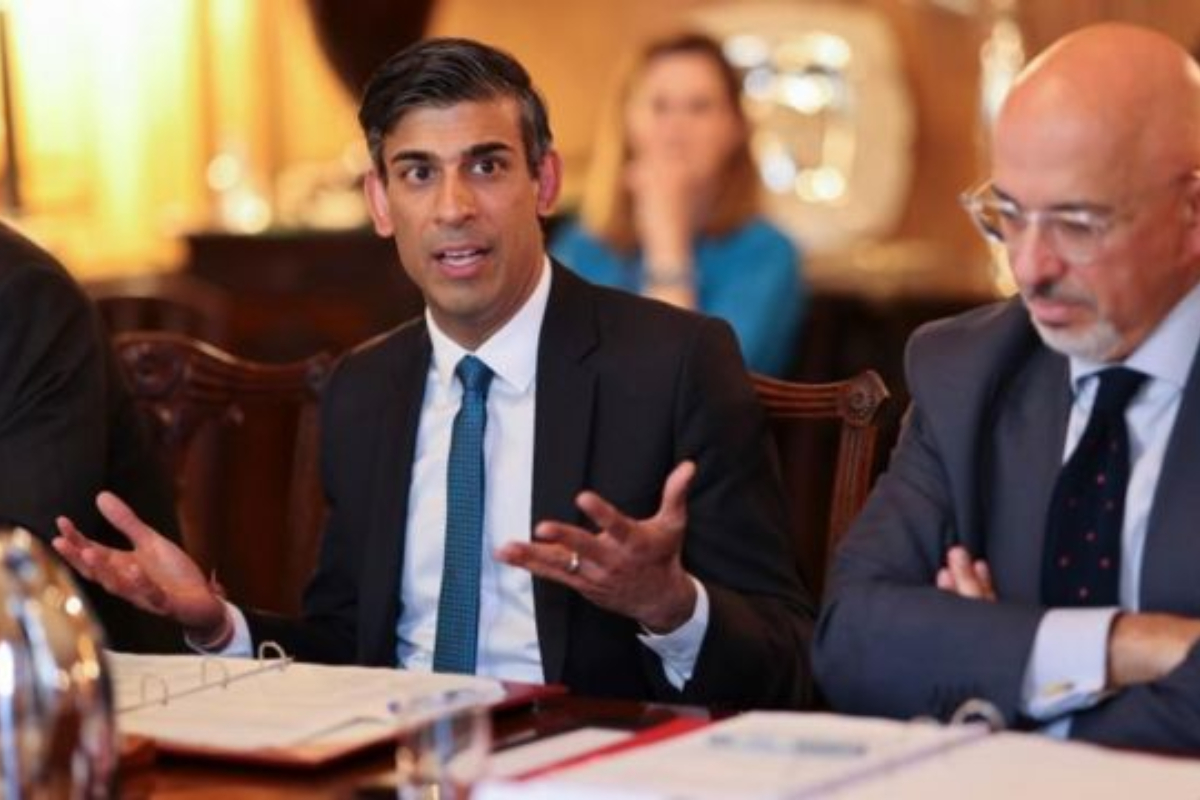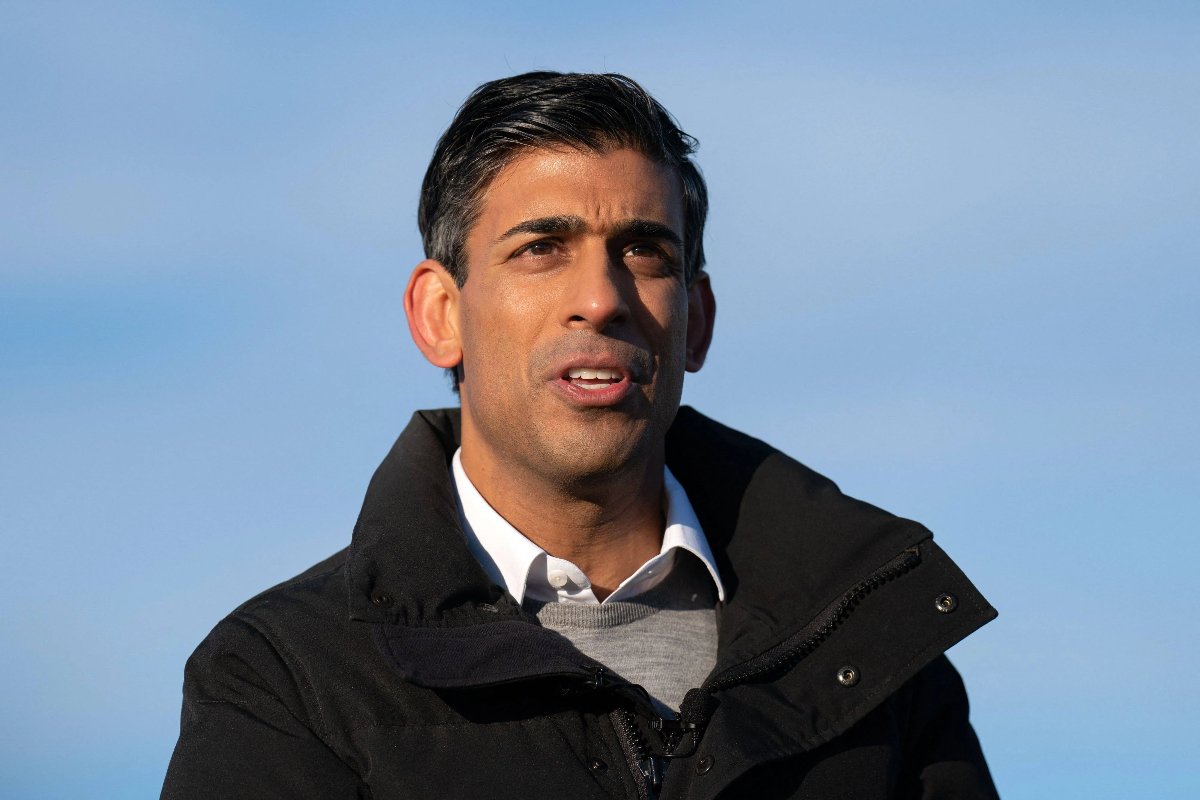- Russia will withdraw from the New START nuclear weapons reduction accord with the United States.
- Putin made the announcement on Tuesday.
- The treaty restricts the number of deployed intercontinental-range nuclear weapons that both countries have.
Russian President Vladimir Putin has announced that his country will withdraw from the New START nuclear weapons reduction accord with the United States, putting the world’s two greatest nuclear arsenals in jeopardy.
Putin made the announcement on Tuesday during his much-delayed annual state of the country address to Russia’s National Assembly.
Russia’s Foreign Ministry stated hours after Putin’s address that the decision to suspend participation in the treaty was “reversible.”
The treaty restricts the number of deployed intercontinental-range nuclear weapons that both the United States and Russia can have. It was last renewed for five years in early 2021, implying that the two parties will need to start discussing another arms control pact shortly.
Both the US and Russia are allowed to undertake inspections of each other’s nuclear weapons installations under the major nuclear arms control treaty, yet inspections have been delayed since 2020 owing to the Covid-19 epidemic.
While Russia does not appear to be abandoning the accord entirely, it does appear to be formalizing its current attitude. For months, American officials have been irritated by Russia’s failure to comply with the agreement.
Very sad and reckless
Putin’s decision was described as “very sad and reckless” by US Secretary of State Antony Blinken.
Blinken stated that President Joe Biden’s government is ready to discuss the nuclear pact “at any time with Russia, irrespective of anything else going on in the world.”
Several Western allies, like France and the United Kingdom, joined him in calling on Putin to lift the ban. According to a representative for British Prime Minister Rishi Sunak, Britain hopes Putin would “reconsider his hasty judgment.”
Russia’s Foreign Ministry said in a lengthy statement published on its website that the decision to suspend participation in the treaty is “reversible,” adding that “Washington must show political will, make conscientious efforts for a general de-escalation, and create conditions for the resumption of the Treaty’s full functioning and, accordingly, comprehensively ensuring its viability.”
The ministry urged “the American side to do just that. Until then, any of our steps towards Washington in the context of START are absolutely out of the question.”
According to the ministry, Russia urges the US to “refrain from taking actions that could block the resumption of the New START in the event that the essential conditions for this mature.”
It also said that it would respect the nuclear weapons caps established under the treaty.
Failing to meet obligations
According to American authorities, Russia has previously refused to allow inspections of its nuclear installations. “Russia is failing to meet its obligations under the New START Treaty to permit inspection efforts on its territory,” a US State Department official stated in January.
Russia’s refusal to assist inspection efforts prohibits the US from executing crucial treaty rights and jeopardizes the viability of US-Russian nuclear weapons control, according to the spokeswoman.
The Bilateral Consultative Commission on the Treaty was scheduled to meet in Egypt in late November, but it was abruptly canceled. The US has blamed Russia for the delay, with a State Department official stating the decision was made “unilaterally” by Moscow.
The newest news from Putin “puts (the) pact on life support,” stated Hans Kristensen, Director of the Nuclear Information Project, on Twitter, questioning whether Russia will now stop providing data with US counterparts.
Putin’s nuclear saber-rattling during the war has alarmed the US and its allies, though officials have repeatedly dismissed the moves as empty threats.
Putin warned of the “growing” possibility of nuclear war in December, while Dmitry Medvedev, deputy head of Russia’s Security Council, warned this month that Russia losing the conflict may “provoke the outbreak of a nuclear war.”
“Nuclear powers do not lose major conflicts on which their fate depends,” Medvedev wrote in a Telegram post. “This should be obvious to anyone. Even to a Western politician who has retained at least some trace of intelligence.”
And, while a November US intelligence assessment revealed that Russian military leaders considered under what circumstances Russia might use a tactical nuclear bomb in Ukraine, officials said they have seen no proof that Putin has chosen to take the dramatic step of using one.
[embedpost slug=”/in-a-significant-speech-on-the-ukraine-war-putin-rails-against-the-west-while-praising-troops/”]
Read more

